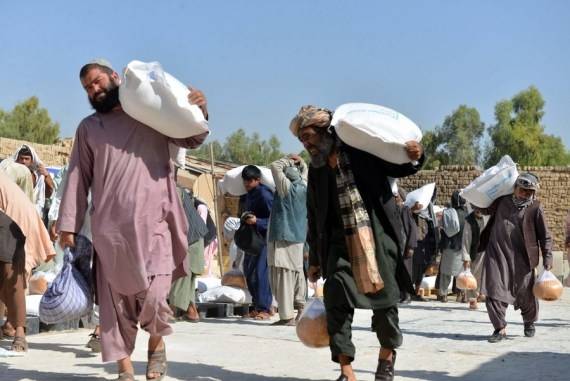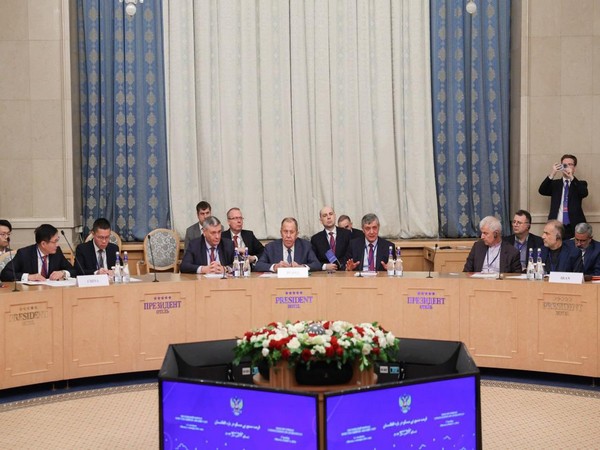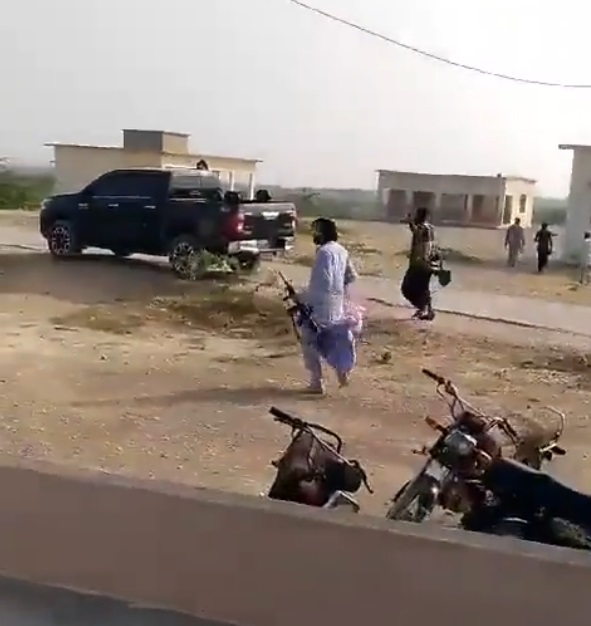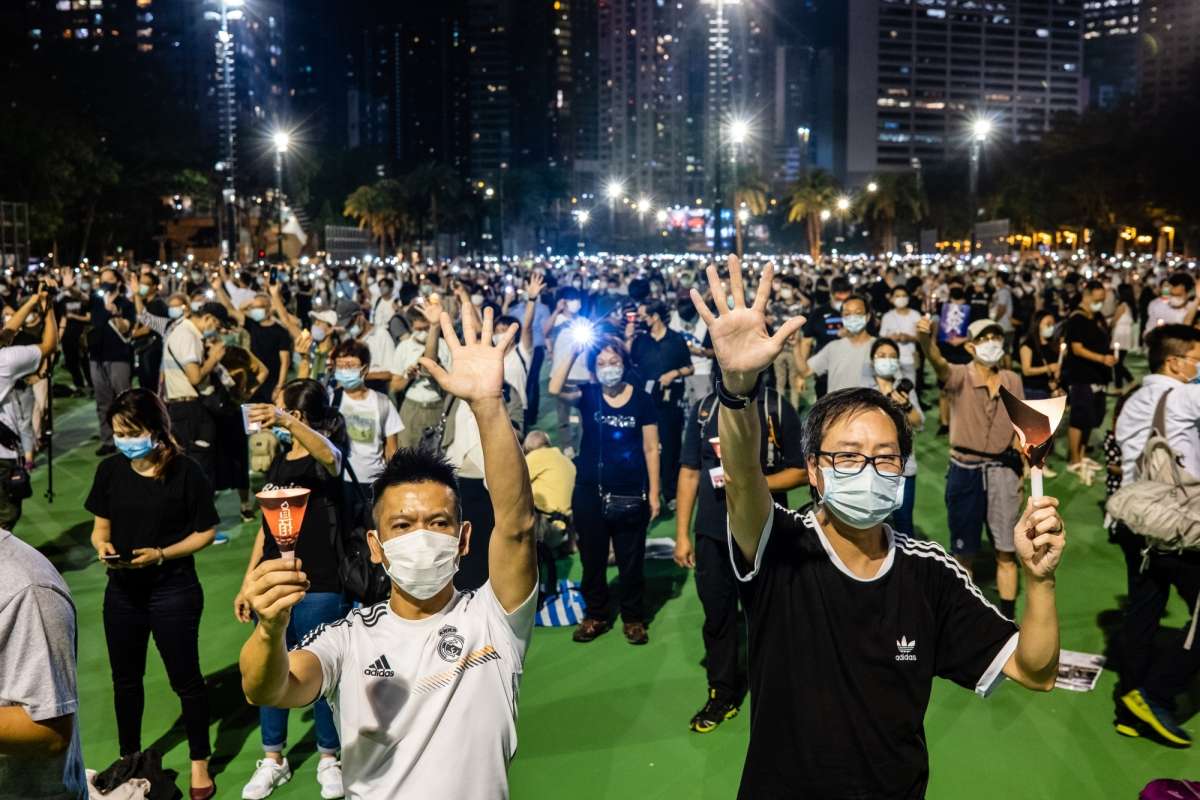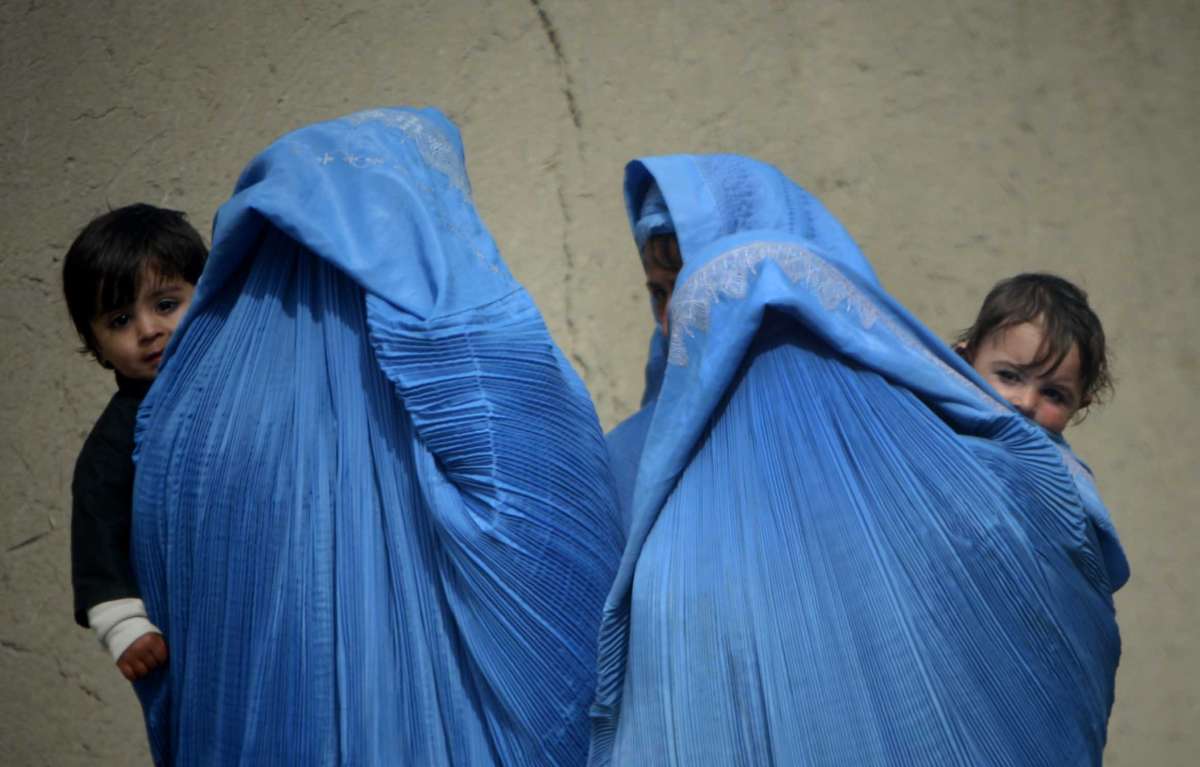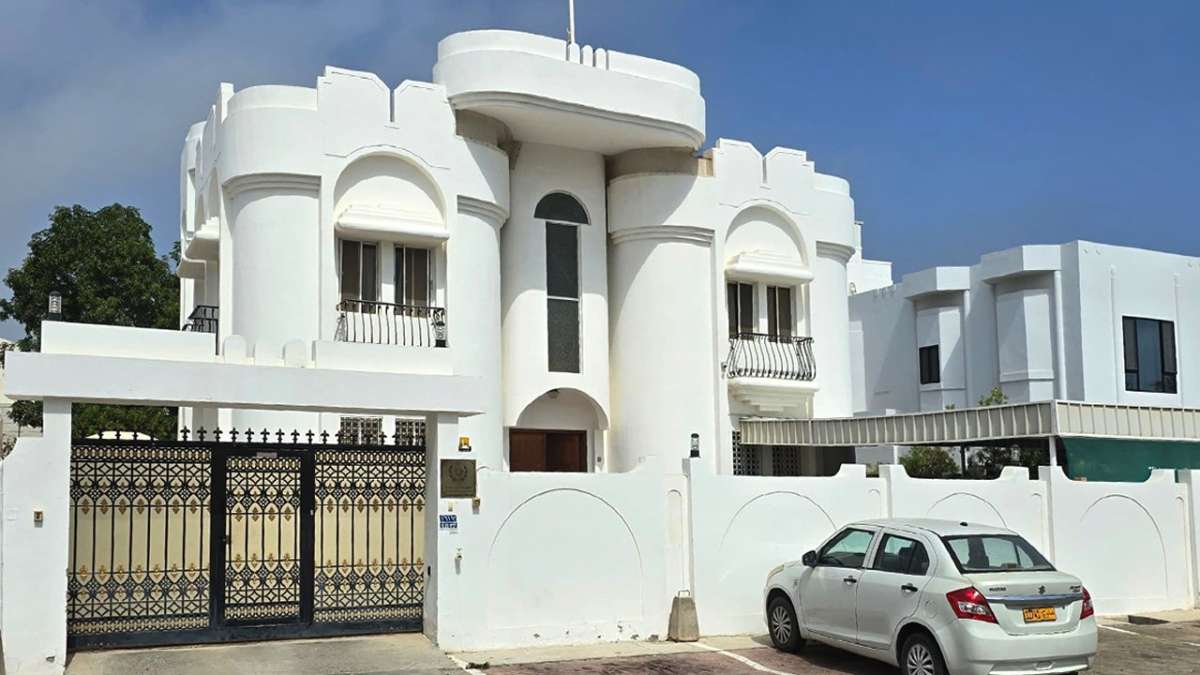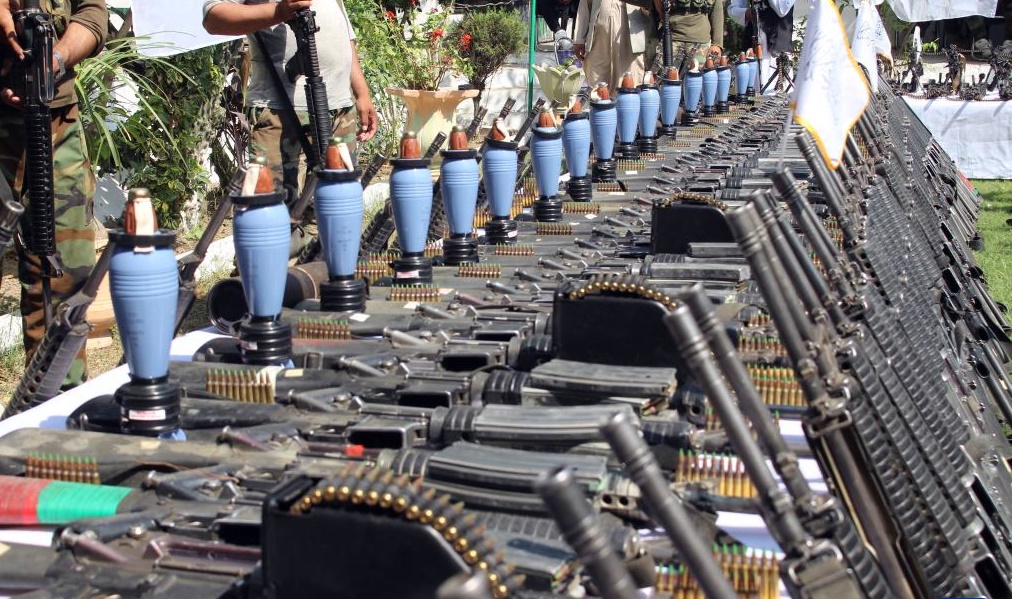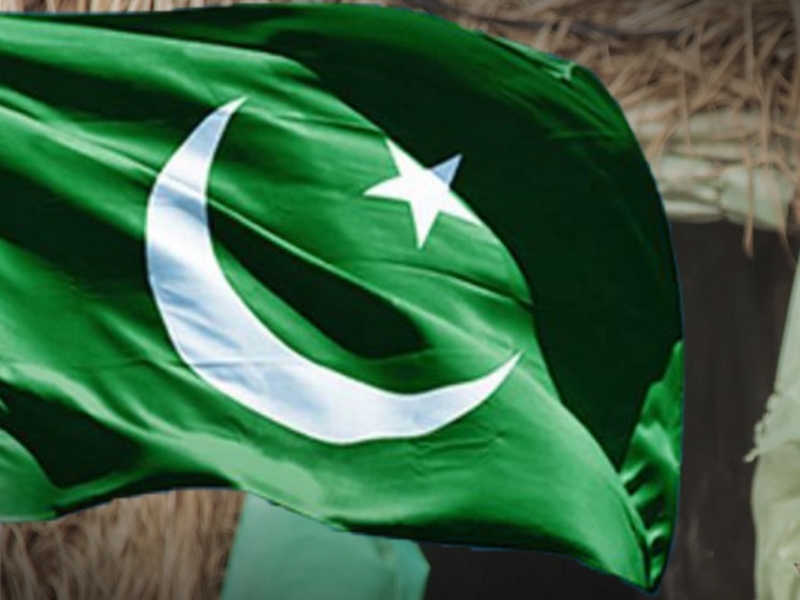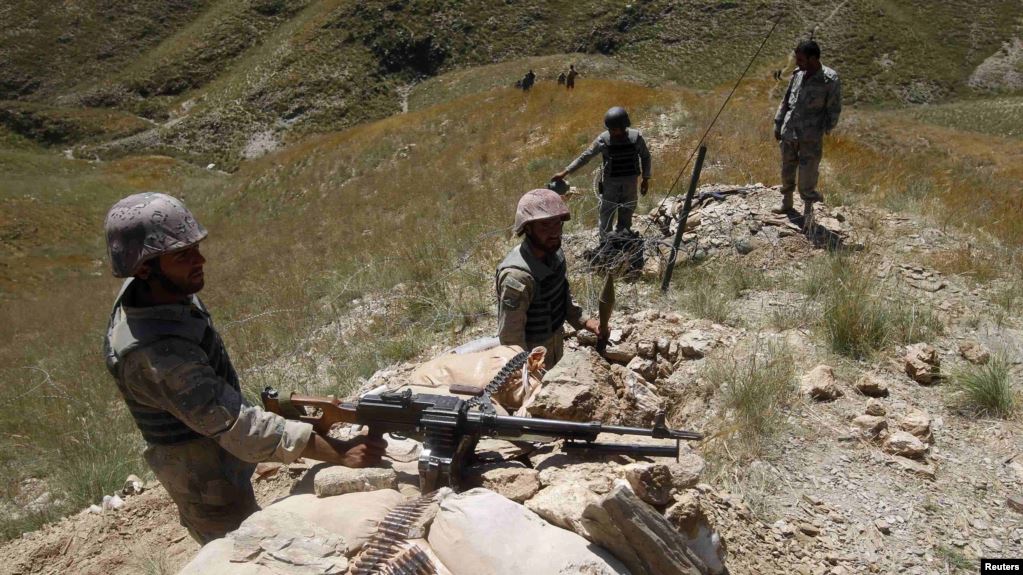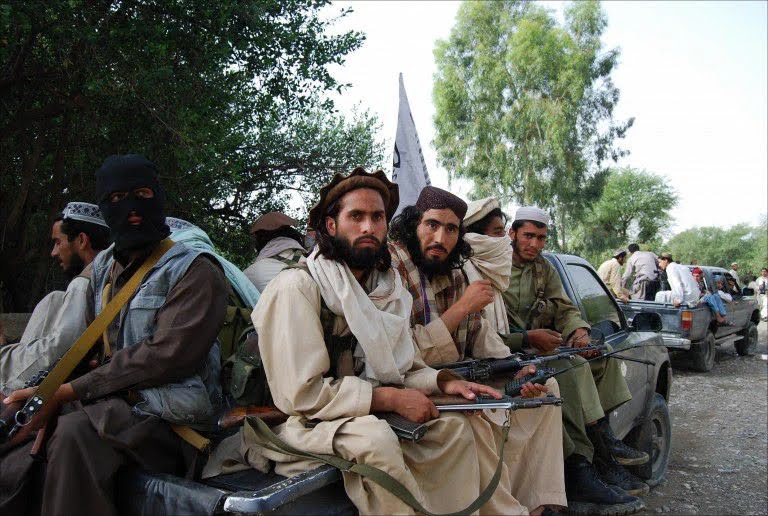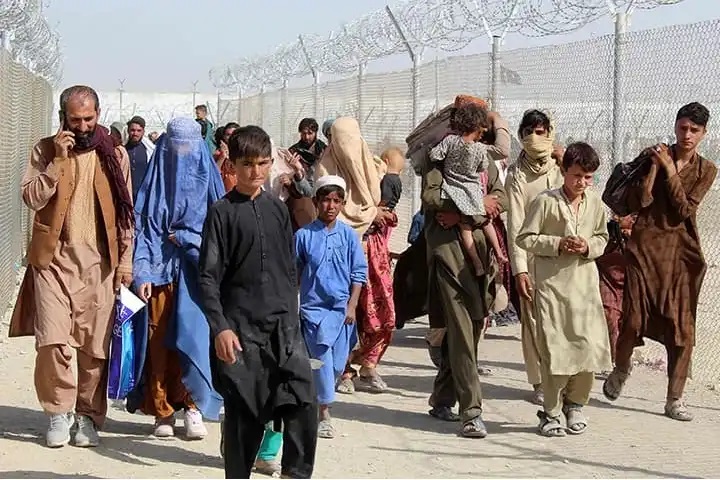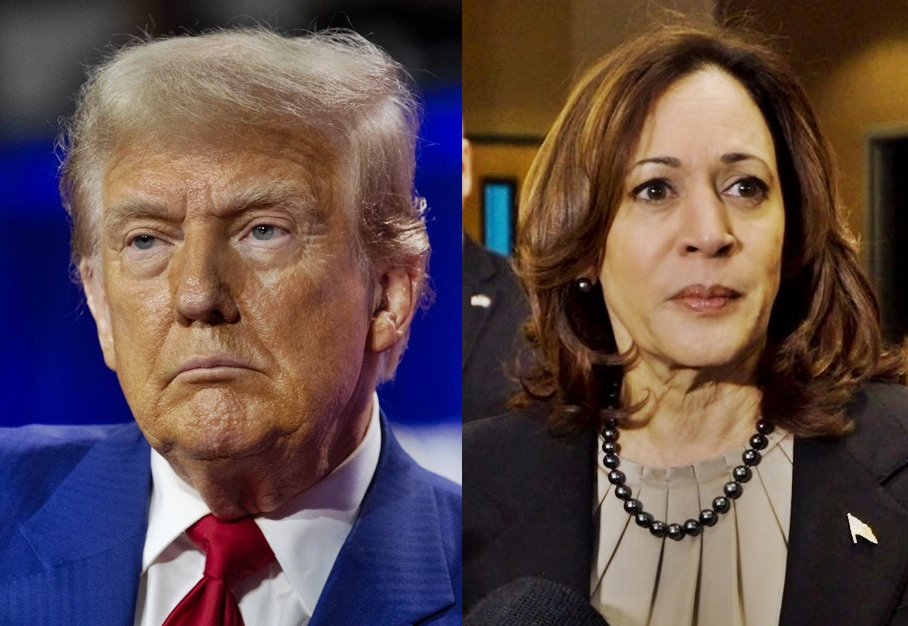Participants also expressed that Afghanistan remains at the centre of the strategies of donor organizations and countries….reports Asian Lite News
The United Nations hosted a donor’s conference for Afghanistan in Dubai.
According to Khaama news, both domestic and international organizations, along with political representatives from various countries participated in the conference held on October 3 and discussed aid to Afghanistan, which is currently under Taliban control and facing a severe humanitarian crisis.
They exchanged views on the best approaches towards the situation and reaffirmed their commitment towards continuing to offer humanitarian support to the people of Afghanistan.
Participants also expressed that Afghanistan remains at the centre of the strategies of donor organizations and countries.
However, they stressed that “it is the responsibility of all stakeholders to create conditions where Afghans can sustain themselves through employment, rather than relying continuously on international aid,” the news outlet said
The conference also addressed the challenges posed by the Taliban’s new restrictions under the “Promotion of Virtue and Prevention of Vice” law. This law has imposed severe limitations, particularly against women. Under this law, women cannot leave their homes without a male guardian, and their voices are considered indecent in public spaces.
According to UNHCR, after more than four decades of conflict and instability in Afghanistan, an estimated 23.7 million Afghans – over half of the population, including women and girls – are in immediate and dire need of humanitarian and protection assistance.
An estimated 28 per cent of the population – or about 12.4 million people – is expected to face acute food insecurity before October of this year. Of those, nearly 2.4 million are predicted to experience emergency levels of hunger, which is one level below famine, UNHCR noted.
Some countries and international organizations have also expressed concerns that the Taliban may misuse humanitarian aid for other purposes.
Karen Decker, the US Charge d’Affaires for Afghanistan, who attended the donors’ conference, told the media that since the fall of the Afghan Republic, the United States has provided $2.3 billion in humanitarian aid to Afghanistan. Decker also mentioned that the results of the work conducted by two economic and narcotics groups from the “Doha 3” discussions would soon be reviewed by the United Nations, and the next major Doha meeting will also take place, as observed by Khaama.
India has been an active partner in supporting Afghanistan to become an empowered country on all fronts.
Earlier this year, EAM Jaishankar said in an interview that people-to-people connections lay the foundation of the relationship between the two nations. He highlighted that New Delhi is supporting Afghan people by providing humanitarian assistance, including food, essential medicines and pesticides.
India has routinely supported the call for Afghanistan’s development process to be “an inclusive, Afghan-led, Afghan-owned peace process.”
The call for a long-term solution emphasizes that Afghanistan’s future should not rely solely on aid. Sustainable employment and self-sufficiency must be at the core of any strategy to help Afghanistan’s people build a better future, Khaama noted. (ANI)
ALSO READ: Concerned China opposes violations of Lebanon’s sovereignty

